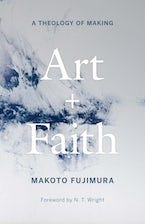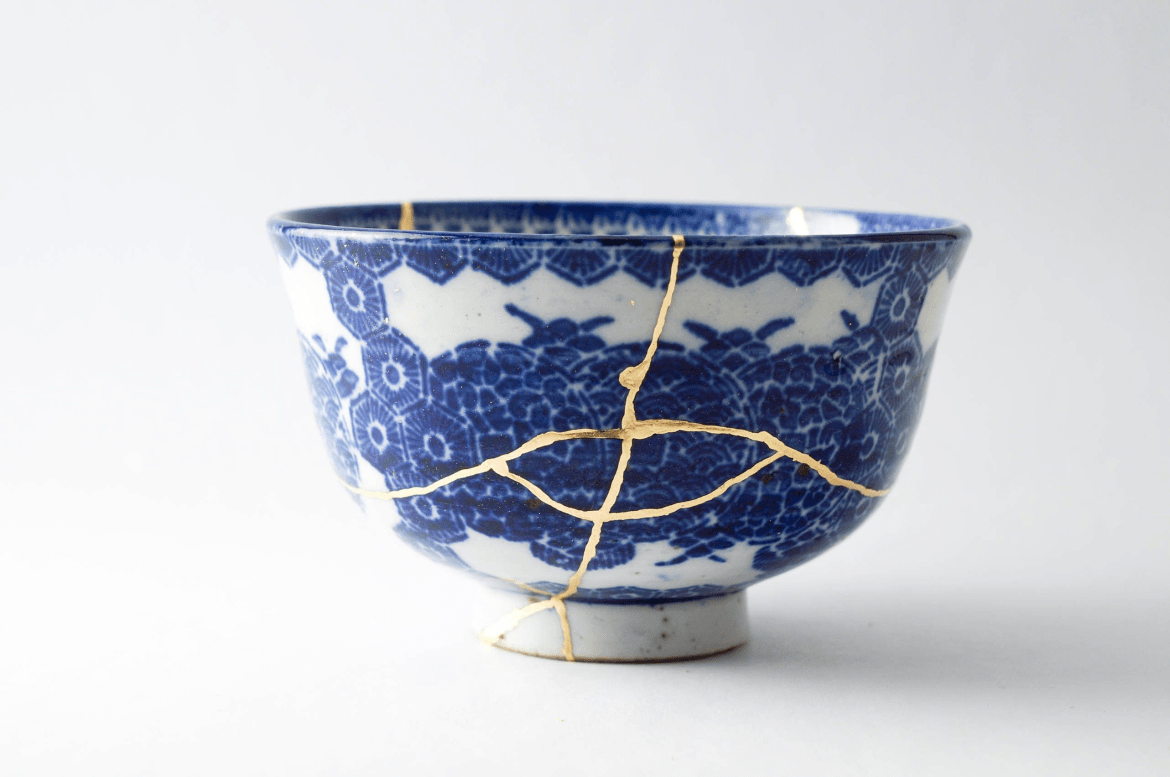Hi everyone,
Oftentimes people tell me they used to play piano and wish they hadn’t stopped. (Man oh man do I wish I had one penny for every time I heard that. I could preemptively buy my daughter Lydia a super dope Yamaha grand piano - just for her of course, ha.)
Maybe you know the story. These people played when they were young, but then resented the instrument and/or their parents and/or got burned out and so stopped playing. Now, years later, they wistfully look at the instrument - and at those who still play it into adulthood - and wish they could return. But their lifestyle no longer accommodates making of their own. To play again would be unfathomable. They now settle for supporting the arts, either for other professional artists or for their kids’ development.
Recently I’ve been thinking about what’s been lost in not having a more robust vision of adults making beautiful creations of art themselves. I mourn that so often adults are groomed to be mere consumers, not makers as well. We encourage children and elders to make beautiful creations of art, but we ourselves don’t.
Too often adults are groomed to be mere consumers, not makers as well.

In his latest book Art + Faith: A Theology of Making, the visual artist Makoto Fujimura argues that we all were created to create, to move towards the New. God made humanity not out of necessity but out of the overflow of God’s intrinsic creativity, and this act of grace is one that we are wired to replicate ourselves as creators. To create anew is to participate in the impulse of God’s new life coming into the world, which Jesus heralded and will one day consummate in full.
And what do we make from? We make from the broken pieces of our lives. We take the shards of pain and evil and stitch them back together into new creations. Mako does this with his work in the elegant, historic Japanese art form called Kintsugi where you mend broken pieces together to make something more beautiful than the original. He says that because Jesus takes his wounds (stigmata) with him into heaven, all of the wounds we go through can come together in new ways to be a part of the new creation.

Part of what’s at stake for Mako in advancing a theology of making is to push against our preoccupation with plumbing theology. Be you conservative or liberal, we often are just intent on fixing the pipes of our lives versus asking deeper questions about why the pipes were put there in the first place. Put differently, what is the ultimate end of creation? When we create ourselves, we participate in this deeper act of knowledge, of relating to God the Great Artist as God creates newness out of what is broken. God is not merely fixing us, but rather creating anew alongside us.
Mako uses his art as a lens into which people can see the power of making, but he ultimately expands art to be anything that we can make, which can include children or institutions. All of that is important, to be sure, but there is something uniquely generative about creating something beautiful that ew can just behold and don’t have to do anything with.
I love this vision of creation and of art and want to work this into conversations with those wistful audience members who nostalgically reflect on when they played piano. I want them (you) to play again so that they can experience some of the New. We move into that New, mysterious creation God has for all of life by entering into the vulnerability of creating beauty in the world. This could be music, or food, or a screenplay, or a dance. Arts and crafts are not just for children to use in order to learn about the world or for elders to use as they prepare to leave it. It is a sacred opportunity for all of us to explore the fullness of our world.
For many people, they turn away from making beautiful art when they leave childhood because art is either seen as infantile (“get a real job!”) or as a burden. Our society is poorer for that all the way around. We have traded in our birthright for a mess of pottage when we outsource our artistic practice to only the professionals. (Isn’t it sad how adults often focus on just making love and money? What a 2-dimension life we are peddled!)
This brought me such joy.
Of course I’m thankful that I get to specialize in this work, and that you all support live music and the arts in general. Thank you for caring for that. But my hope in being a professional is not to relieve from your shoulders the joy of your own making, but rather inspire you to make something beautiful yourselves too.
I’ll close with the composer Leonard Bernstein’s quote, a line I learned from my mentor, the bassist Jeff Fuller. “This will be our reply to violence: to make music more intensely, more beautifully, more devotedly than ever before.”
If musical practice in particular, or artistic practice in general, was a burden for you growing up, or if you think it’s merely for your kids or for the elderly, I pray that God relieve you of this lie. We are meant for more than mere consumption of beauty. We are all made to make.
abundantly,
Julian
P.S. The Artist’s Way by Julia Cameron is an excellent book to help you recover your sense of creativity. I cannot recommend it highly enough. I perhaps will talk about it in a future Friday post.
What’s Next
Oct 7 Notes of Rest at Cru Pastors Soul Care Retreat Kankakee, IL
Oct 9 Notes of Rest Virtual Class at Candler School of Theology Starts (5 week series)
Nov 1 The JuJu Exchange at City Winery Chicago
Nov 4 Julian Davis Reid’s Circle of Trust at Merit School of Music (Chicago)
Nov 8 Notes of Rest at Garrett School of Theology (Chicago)
Nov 9 Notes of Rest at Duke University Chapel
Nov 10-12 Isaiah Collier & The Chosen Few at the Jazz Showcase (Chicago)
Nov 16 Julian Davis Reid’s Circle of Trust at The Jazz Showcase (Chicago)




There is a Sufi quote I love: To know the Creator, you must create!